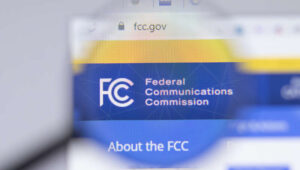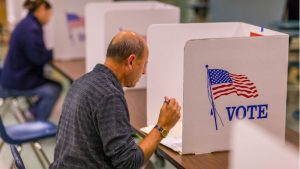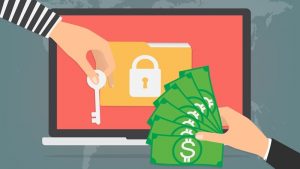The California state legislature is considering a new bill that would create a framework for the state to “ensure the safe development of AI models” within the state, according to the bill’s sponsors.
The New Hampshire Department of Education announced that 77 schools will receive a total of $713,601 to fund robotics programs for their students.
New York Gov. Kathy Hochul has appointed Dru Rai as the state’s new chief information officer (CIO) and director of the New York State Office of Information Technology Services.
A new survey from the Center for Democracy and Technology (CDT) found that teachers and students remain concerned that technology used in schools is threatening their privacy and civil rights.
State education leaders remain highly concerned about cybersecurity risks, according to a new survey from the State Educational Technology Directors Association (SETDA).
The Federal Communications Commission (FCC) Office of Inspector General (OIG) announced that a major Affordable Connectivity Program (ACP) provider has voluntarily repaid $49.4 million that it improperly claimed between June 2021 and July 2022.
Pennsylvania Gov. Josh Shapiro said his office is rolling out a new texting program to improve government communication with state residents.
With the 2024 elections right around the corner, senators warned about issues arising from the use of unregulated AI technology, and said they will aim to approve legislation creating AI “guardrails” on election security by the end of this year.
Officials from the health care and education sectors called on Congress Wednesday to provide better Federal aid to state and local governments to not only respond to ransomware attacks, but also to help prevent them.
From laying cable throughout his college campus to heading up the state government’s information technology organization in New Mexico, state CIO Raja Sambandam has come a long way. However, he’s used to it.













